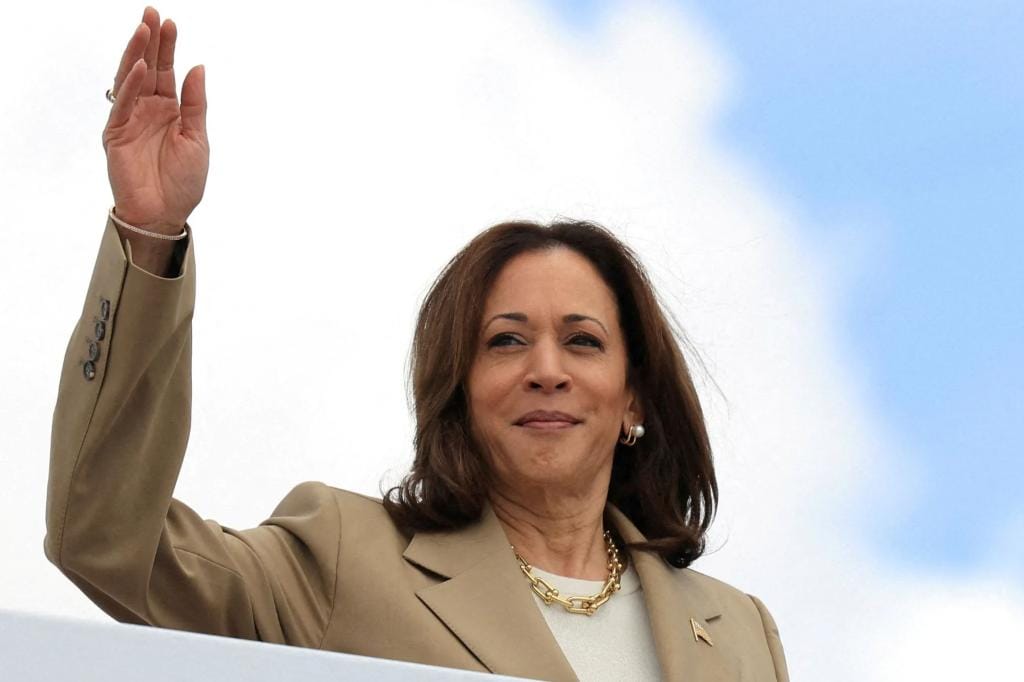In the world of business, understanding the intricacies of financial agreements is crucial. One such agreement that often comes into play is a lease. But what is a lease, and why is it so significant in the business landscape?
Lease Definition and Meaning
A lease, in its simplest terms, is a contractual arrangement where one party, known as the lessor, grants the other party, known as the lessee, the right to use an asset for a specified period in exchange for periodic payments. This agreement can apply to various assets, including real estate, vehicles, equipment, and more.
The lease meaning extends beyond just the use of an asset. It encompasses the responsibilities and obligations of both parties involved. The lessor retains ownership of the asset, while the lessee enjoys its benefits without the burden of ownership. This arrangement can be particularly advantageous for businesses looking to conserve capital and maintain flexibility.
Types of Leases
There are several types of leases, each with its own set of characteristics and implications:
- Operating Lease: Typically short-term and cancellable, this type of lease allows businesses to use an asset without the risks associated with ownership.
- Finance Lease: Also known as a capital lease, this long-term arrangement often results in the lessee gaining ownership of the asset at the end of the lease term.
- Sale and Leaseback: In this scenario, a business sells an asset and then leases it back, freeing up capital while retaining the use of the asset.
Benefits of Leasing
The advantages of leasing are manifold:
- Cost Efficiency: Leasing can be more cost-effective than purchasing, especially for assets that depreciate quickly.
- Flexibility: Leases often come with options to renew or upgrade, allowing businesses to adapt to changing needs.
- Tax Benefits: Lease payments can sometimes be deducted as business expenses, providing tax advantages.
Understanding the lease definition and its various forms can empower businesses to make informed decisions that align with their financial strategies. Whether it’s conserving capital, maintaining flexibility, or leveraging tax benefits, leases offer a valuable tool in the business arsenal.






